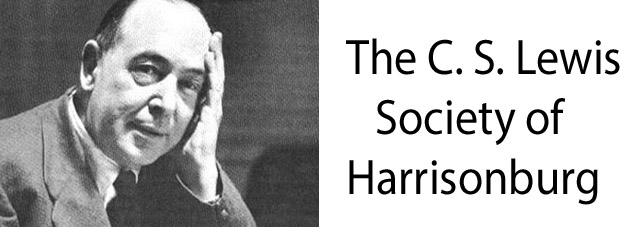Reader's guide for Walking On Water February 14th 2019
Selected from Reader's Guide for Walking On Water By Lindsay Lackey
1. When defined as a " Christian artist, " L'Engle admits she feels rebellious against the title and is reluctant to discuss Christian creativity. Do you understand her reservations? Why or why not?
2. L' Engle argues that all artists want to be noticed and have their art recognized. "Art is communication," she says, " and if there is no communication it is as though the work has been stillborn. " Is this true for you? Do you desire your art to be seen and heard and understood, or are you ultimately content to create without recognition? Why is recognition important? What do you hope is being communicated through your art?
3. The vessel of L'Engle's creativity - story - is what helped her "to learn to live." She says that story enabled her to make some sense of the difficulties of life. What helps you to learn to live?
4. What is "wholeness" to you? Multiple times, L'Engle connects the idea of creation and wholeness. She says, "The discipline of creation, be it to paint, compose, write, is an effort towards wholeness." Do you agree? How has your creative life helped you towards wholeness?
5. Chapter 5 is bursting with bold statements on creative living, including the following:
"But unless we are creators, we are not fully alive."
"Creativity is a way of living life, no matter what our vocation or how we earn our living"
"Our freedom to be creators is far less limited than some people think"
Discuss these quotes, and any others that strike you from the text. What do they mean to you? Can you think of an example of someone who is living creatively, regardless of their vocation?
6. What is the difference between wasting time and being time? How do you take time to be? How does being help your creativity?
7. In chapter 7, L'Engle often talks about the importance of retaining the "quality which the world would limit to children." She argues that the artist must be like a child in his/her openness to mystery, to story, and to truth. Yet, she alsoclaims that art for children is the "most looked-down-on of all." How do you personally feel about art that is intended for children?
8. Of faith and doubt, L'Engle says, "I had yet to learn the faithfulness of doubt. This is often assumed by the judgmental to be faithlessness, but it is not; it is a prerequisite for a living faith". What do you think she means by "faithfulness of doubt"? How is doubt an act of faith.
9. Consider the role of discipline in your life. To what do you apply the most discipline? Are there areas of your life that could benefit from more/less discipline?
10. The author says that "our work should be our play" and uses the example of a child at play to illustrate this. Do you think it possible to 'be at play" in your work?
11. Is community important to your creative life? How does community change your work? In what ways do you try to engage or disengage from your community to produce your best work?
12. What is the "lake" the author refers to in this chapter? How are you "feeding the lake".?
